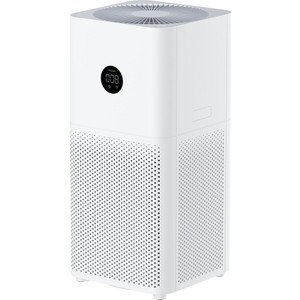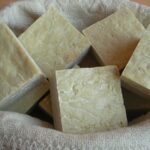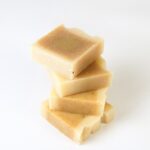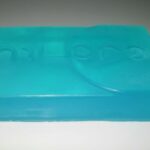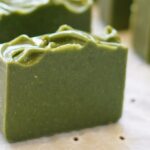- What is an air purifier?
- How does an air purifier work?
- Advantages and fields of application
- What types of air purifiers are there?
- Ionisation or electrostatic air purifier
- The air purifier with filtration
- The plasma air purifier
- The photocatalytic air purifier
- The combustion air purifier
- What should you pay attention to when purchasing an air purifier?
- Alternatives to the air purifier
We spend around 80% of our time in closed rooms. This is not without consequences for our health: numerous studies report a high level of indoor air pollution. There are several ways to improve indoor air quality, and the most effective is arguably the air purifier. However, this is an expensive purchase. To choose the best purifier, we invite you to consult our article.
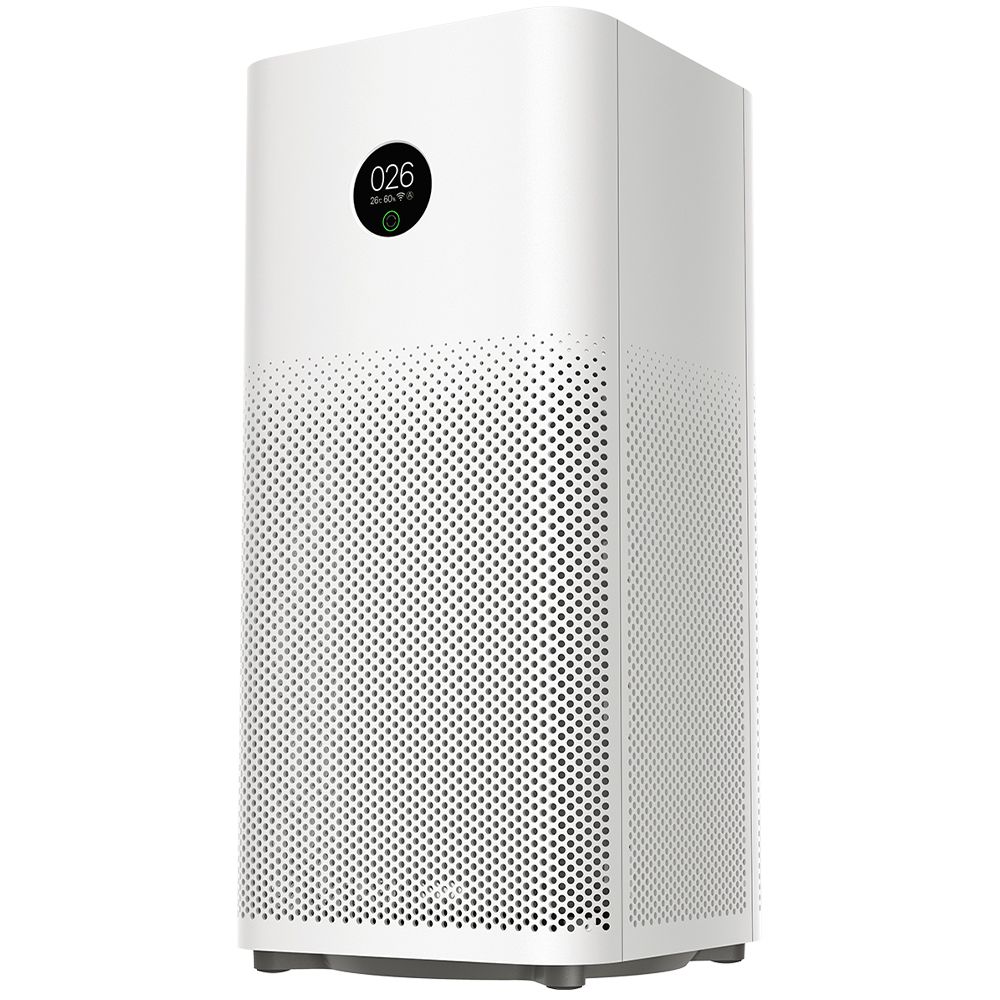
What is an air purifier?
An air purifier is a mobile device designed to clean the indoor atmosphere. It is equipped with several filters which capture airborne pollutants, in particular, fine particles responsible for many allergies and which cannot be removed by a vacuum cleaner. The goal is, therefore, to get rid of anything that can affect our health. Cleaned and purified air contributes to our well-being. Improving air quality is particularly crucial for frail people, such as young children and the elderly. The air purifier can be taken from room to room to sanitise the entire house.
How does an air purifier work?
The principle of this device is to treat all airborne impurities. Because they come in a variety of sizes, air purifiers are usually equipped with several types of filters. The number and specificity of these filters dramatically affect the performance of the unit.
The first filter, also called “pre-filter”, aims to capture macro-residues: those that can be seen with the naked eye and which measure a few millimetres (hair, animal hair, threads or coarse dust). The purpose of this pre-filter is to provide better performance for the following filters designed to trap fine particles that are more harmful to our respiratory system. For better efficiency, the purifier must be equipped with several filters. The role of the HEPA filter is to filter particles with a diameter of less than 0.3 µm2. To pass certification tests, it must destroy at least 99.97% of these particles.
The purifiers which are equipped with it obtain the best results in the tests and the comparison of products. Those who are often successful in tests are also equipped with a carbon filter. This eliminates odours, chemicals and gases, which the HEPA filter cannot. At the end of the treatment, the sanitised air is released into the room.
Advantages and fields of application.
The main advantage of an air purifier is that it makes the air more breathable, especially for allergy-sensitive people. This device is particularly recommended for purifying the air breathed by young children, the elderly or sick people. People with dust mite, dust and micro-mould allergies who use an air purifier usually see a rapid improvement in their condition.
Many places with a high-risk public are equipped with purifiers: Hospitals, nurseries, swimming pools or retirement homes are places where the benefit of an air purifier is felt. This device can also be found in workshops where employees are particularly exposed to micro-particles.
What types of air purifiers are there?
There are five main types of air purifiers. This is an essential factor to take into account when comparing different types of devices. If you consult a comparison before making your purchase (which we advise you to do), remember to check that the nature of purification is clearly specified in the comparisons
Ionisation or electrostatic air purifier
The principle is based on the soothing and energising effect of negative ions or anions. They are the ones you find in the forests or by the sea. The ioniser generates a number of ions in the interior.
Polluting particles, which are positively charged, are automatically attracted to the anions. Little by little, they become more substantial and fall back into the aircraft or onto the ground.
Advantages :
Economical.
Fast.
Quiet.
Efficient for microscopic particles.
Disadvantages:
It does not destroy: so you also have to vacuum and clean the floor.
The air purifier with filtration
As said above, the HEPA filter is a high-performance filter that retains extremely fine particles. It is beneficial in trapping dust mites, pollen, ultrafine dust or combustion residues.
Since it does not treat chemical or gaseous substance, this filter is usually accompanied by a carbon filter. In the field of air purifiers, This combination of filters achieves the best results, both when considering user opinions and comparative tests.
Advantages :
The captured pollution remains in the filter: so it is well removed from the room.
Disadvantages:
The technique requires the use of ventilation, which can be noisy. This is a crucial point to consider. Filters need to be changed regularly to remain active.
The plasma air purifier
Its technology is reminiscent of ionisation: it consists in exciting the oxygen in the air to generate molecules that are propelled into the room to attack pollutants. Charged, these are collected in a cartridge inside the device. Plasma damages the walls of viruses and bacteria, making them ineffective.
Advantages :
Eliminates bacteria and viruses.
Disadvantages:
The released molecules clog the air with harmful free radicals. The technology should, therefore, be reserved for rooms that are not visited continuously.
The photocatalytic air purifier
This type of air purifier is equipped with a catalyst tube often coated with titanium dioxide.
Under the action of the light projected onto the catalyst, the pollutants are oxidised, neutralised and transformed into water and carbon dioxide.
Advantages :
Quiet.
Destruction of biological and chemical pollutants.
Disadvantages:
Risk of free radical release.
Light source compulsory.
The combustion air purifier
The air that enters this air purifier is heated to 200 ° C, which destroys all pollutants, including viruses. It is then cooled and reinjected into the perfectly purified room.
Advantages :
Quiet.
Requires minimal maintenance.
Disadvantages:
Long processing.
High power consumption.
What should you pay attention to when purchasing an air purifier?
It is essential to define your needs and not necessarily select the air purifier that wins the comparison if its characteristics are not adapted to your needs. You must determine the surface to be purified and not choose a model that is too small or oversized. Noise level, size and weight are also criteria to look at carefully to make the best choice.
Air purifiers do not necessarily treat all types of pollutants, so make sure it meets your needs.
Alternatives to the air purifier
If this is often the best solution; purchasing an air purifier is not the only way to solve the problems caused by indoor pollution. The installation of a centralised suction system, which removes fine particles, can be considered when building a home. The device is relatively expensive but very efficient.
Another alternative is to use natural solutions. To renew the air, make sure to ventilate the interior for at least 10 minutes morning and evening. The best way to eliminate toxins is to keep them out of the house.
The use of natural household products and the elimination of indoor air fresheners contribute to maintaining a better atmosphere. Essential oils with antibacterial, antiseptic or antiviral powers can also be an alternative to air purifiers.
If you wish to buy air purifiers from Turkey, please do not hesitate to contact us by mail at [email protected] or to call us at +90 532 361 5149. We can help you to get in direct contact with producers or provide you with everything that you need.
Please visit the company website for more information about their products. If you want to know about companies in Turkey, visit our website.
